Eating too much added sugar can increase your risk of type 2 diabetes, obesity, heart disease and many other problems, according to the Cleveland Clinic .
According to the U.S. government ’s Dietary Guidelines, added sugars should make up no more than 10 percent of total daily calories. For an adult consuming about 2,000 calories a day, that’s a maximum of 200 calories, or 48 grams. In fact, just one can of soda can contain nearly an entire day’s worth of added sugar.
According to the American Heart Association, women and children over 2 years old should only consume a maximum of 25 grams of added sugar per day, while men are allowed a maximum of 36 grams per day. This is a safe limit to limit negative health impacts.
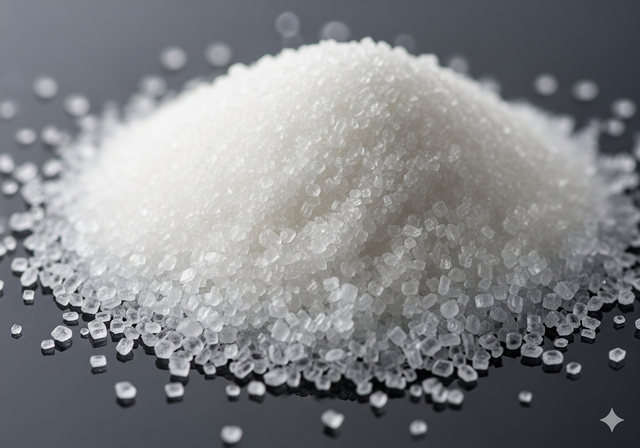
Eating too much added sugar can increase your risk of type 2 diabetes, obesity, heart disease and many other problems.
Photo: AI
Natural sugars are not the main concern
Sugar is not only found in processed foods, but also occurs naturally in many foods such as fruits and milk.
Beth Czerwony, a registered dietitian in the US, explains that the body usually processes natural sugars better than added sugars. Foods that naturally contain sugars are often accompanied by vitamins, minerals, and fiber that are beneficial to health.
A banana or a 200ml glass of milk may contain a significant amount of sugar, but they also provide many essential nutrients. The chances of overeating fruit or drinking too much milk are much lower than eating cake.
How to reduce added sugar
One important step is to track your food intake. Recording the foods you eat each day can help you identify the source of added sugars and how much you’re consuming. Many phone apps can help you track them, either by scanning barcodes or by entering data manually.
It’s also important to read the nutrition label on packaging. Each product should list the amount of added sugar per serving and as a percentage of your total daily value. Experts recommend avoiding products with 10 grams or more of added sugar.
Consumers should also be aware of other names for sugar in ingredient lists, such as high fructose corn syrup, sucrose, dextrose, maltose, fruit molasses, or malt syrup. These are all forms of added sugar that many people don't recognize.
It’s not just candy, cakes, and ice cream that are big sources of sugar. Many unexpected foods are also high in sugar, including ketchup, salad dressing, canned fruit juices, energy drinks, instant coffee, breakfast cereals, canned fruit, dried fruit, and more.
Source: https://thanhnien.vn/an-bao-nhieu-duong-moi-ngay-la-tot-185250829151421712.htm




![[Photo] President Luong Cuong receives Speaker of the New Zealand Parliament Gerry Brownlee](https://vphoto.vietnam.vn/thumb/1200x675/vietnam/resource/IMAGE/2025/8/29/7accfe1f5d85485da58b0a61d35dc10f)




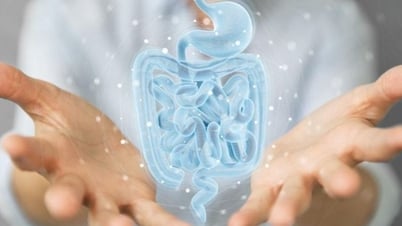

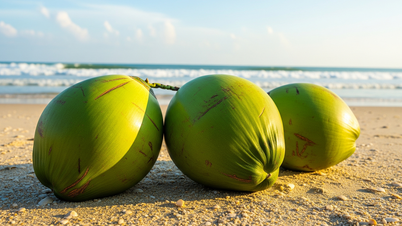
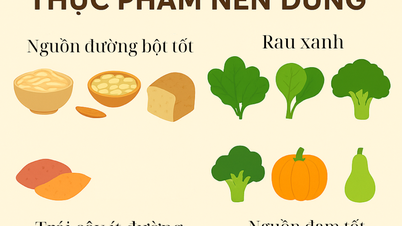



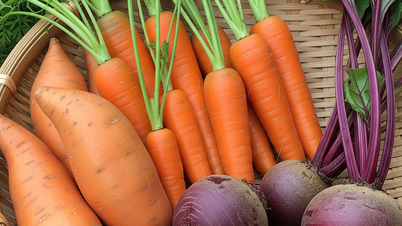


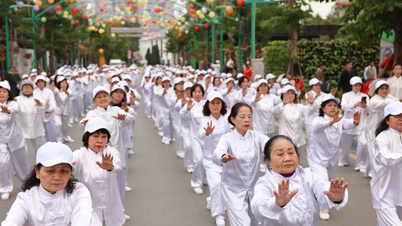


















![[Photo] Hanoi is ready to serve the occasion of the 80th National Day Celebration on September 2nd](https://vphoto.vietnam.vn/thumb/1200x675/vietnam/resource/IMAGE/2025/8/29/c838ac82931a4ab9ba58119b5e2c5ffe)



























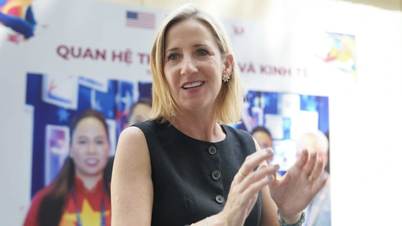

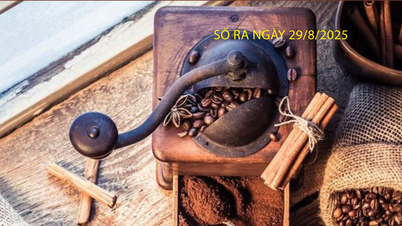




















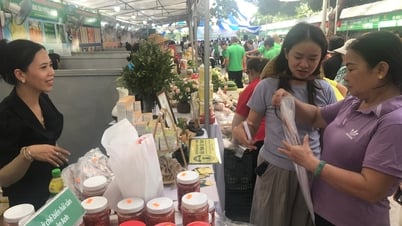





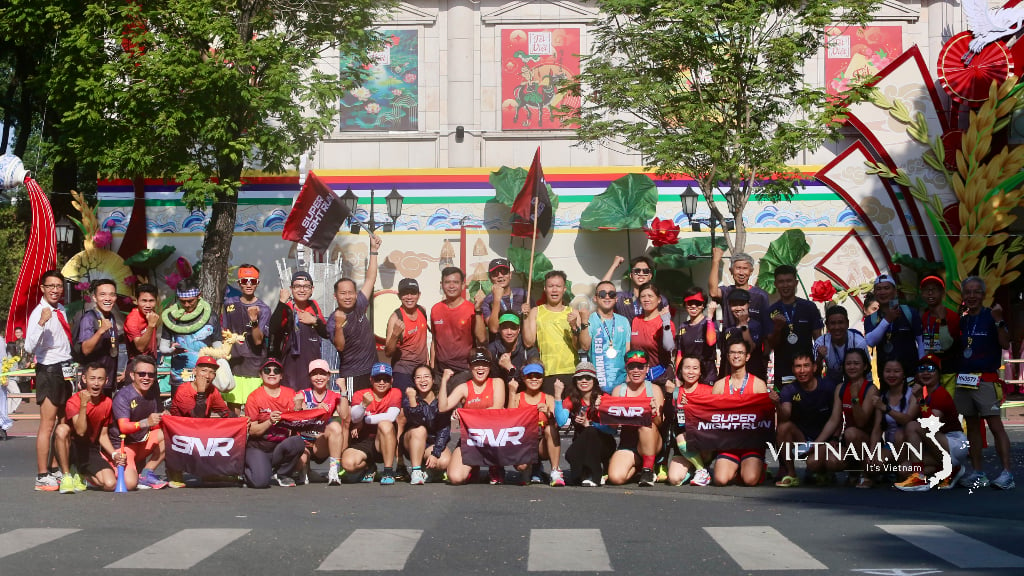

Comment (0)